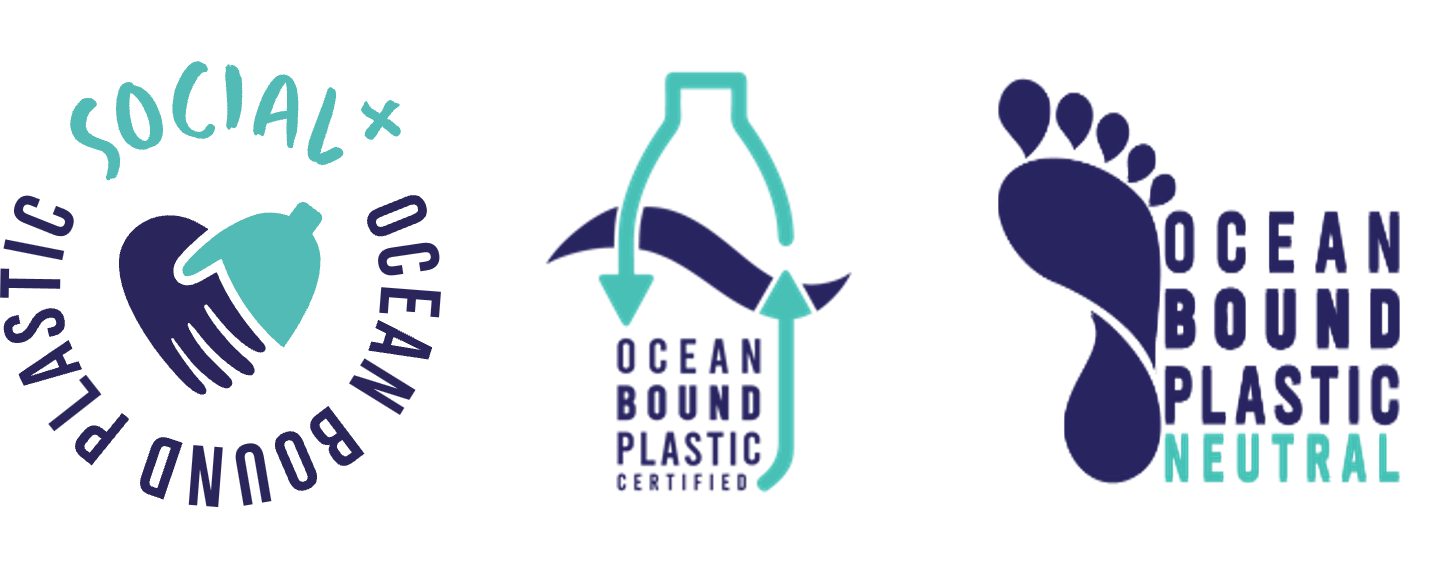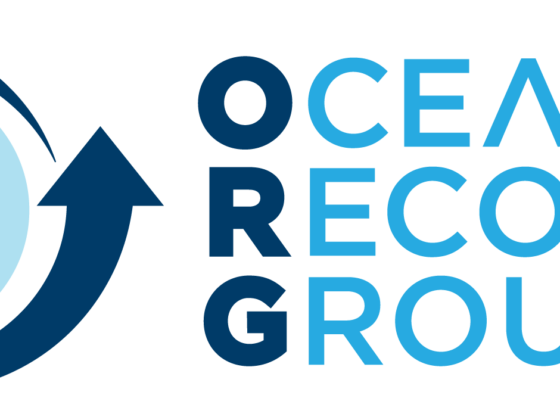The OBP certifications provide an easy tool to promote the removal of Ocean Bound Plastic from the environment. They complement governmental directives, allowing private or associative actors to be recognized for their commitment.
India: 9 companies certified with the OBP certifications
India: 9 companies certified with the OBP certifications https://www.obpcert.org/wp-content/uploads/logo-OBPC-OBPN-square-2x.png 900 900 Ocean Bound Plastic Certification https://www.obpcert.org/wp-content/uploads/logo-OBPC-OBPN-square-2x.pngOver the last year, Zero Plastic Oceans and Control Union teamed up to control and certify 9 companies in India, making it the country having received the highest number of Ocean Bound Plastic (OBP) certifications. This great interest in OBP certifications reflects the regional willingness of industries and NGOs to take action against plastic pollution.
One year after the launch of the OBP certifications, 9 Indian companies have been certified, of which 5 applied to the OBP recycling standard and 4 to the OBP collection standard. Granted for one year, the certifications assert the proper collection and management of Ocean Bound Plastic, as well as its recycling into new products.
Some certified companies are integrated collectors, recyclers & convertors of recycled materials to packaging & products, like Lucro (recycled LDPE, LLDPE, PP & HDPE) and Dalmia Polypro (recycled PET and recycled polyester fibers) some are dedicated to collection only like Plastic for Change and some are focused on the transformation of recycled material into products like Polygenta Technologies (recycled yarn), Alliance Fibres (recycled fibers) or Mon Export (bags and accessories).
Through this growing diversity of actors India can offer fully certified end products from Ocean Bound Plastic.
The need to do our bit to stop the flow of plastic into our oceans made us seek out for this OBP certification which was very thorough in evaluating our supply chain right from sourcing of Ocean bound plastic to final conversion of recycled granules to product. The intensive audit also verified our traceability across the supply chain & inspected fair trade policies such as the absence of child labour, fair treatment/payments to employees & waste-pickers. We have been collecting about 10 mt of ocean bound plastic waste every month since the certification & converting most of the waste to recycled resin & products such as PP rafia bags & garbage bags. We hope that going ahead this certification will help us enable a number of brands to replace virgin plastic with ocean-bound recycled plastic- thereby help them become more sustainable, explains Varun Karasia, CEO of Lucro.
Since 2016, India has stated its will to “give thrust on plastic waste minimization, source segregation, recycling, involving waste pickers, recyclers and waste processors in collection of plastic waste”. To implement this project, various initiatives have been settled such as the prohibition of imports of solid plastic waste and awareness campaigns on single use plastics.
However public policies are not sufficient to reduce the amount of plastic waste in the country. According to the National Central Pollution Control Board, the country is generating around 26,000 tonnes of plastic waste a day, out of which 60% of plastic produced is collected. The 40% left is mismanaged, open air burned, in nature and drifting in rivers and oceans.
The OBP certifications provide an easy tool to promote the removal of Ocean Bound Plastic from the environment. They complement governmental directives, allowing private or associative actors to be recognized for their commitment, explains Vincent Decap, Co-founder of Zero Plastic Oceans.
A sustainable management of waste through community empowerment and multi-stakeholder approach, is necessary for ocean preservation. Through the Ocean Bound Plastic certifications, communities and industries are given the opportunity to address urgent gaps in plastic waste management.


